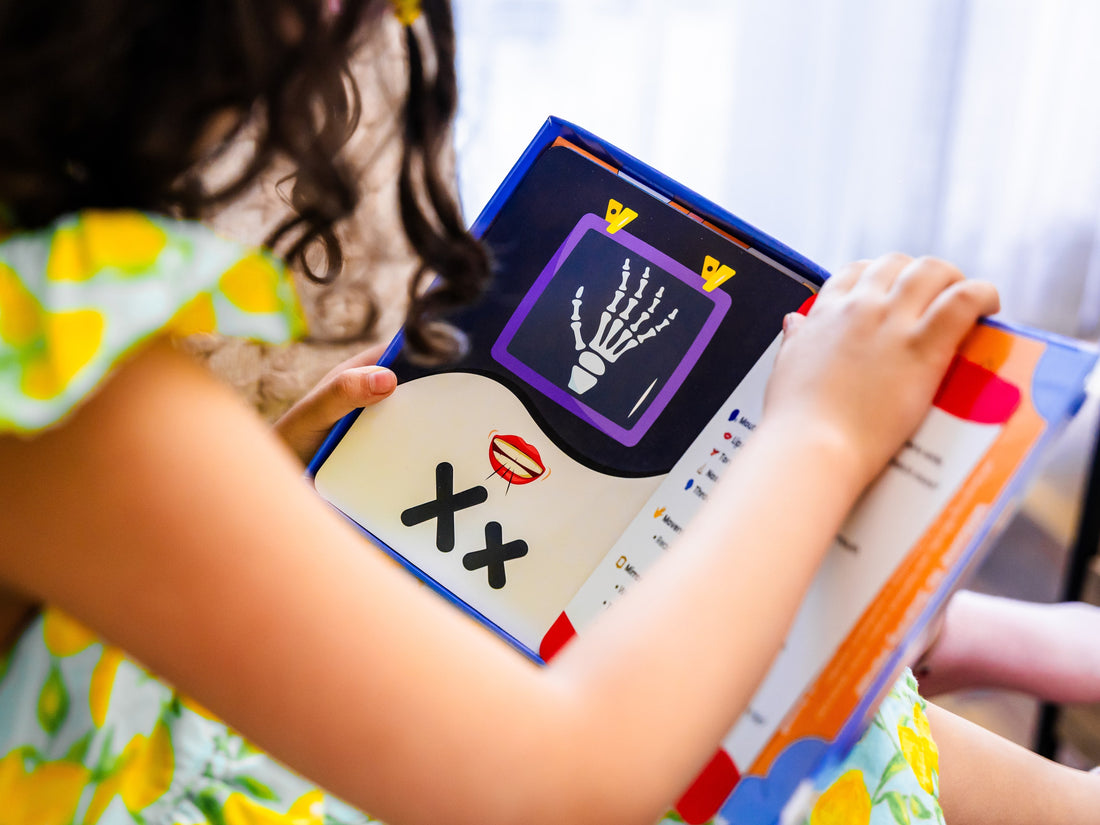
Building Brains and Futures: Why Early Childhood Education is Essential
Building Brains and Futures: Why Early Childhood Education is Essential
Imagine constructing a house: before the walls, roof, and windows go up, you need a strong foundation to support everything that follows. A child’s brain development works the same way. The early years—filled with first words, playful exploration, and growing curiosity, are when this foundation is built.
At Soaring Minds, we believe that every child has the potential to learn and thrive, no matter their challenges. Early childhood education isn’t just about preparing kids for school; it’s about shaping the very structure of their brains, influencing how they think, learn, and engage with the world.
This article explores why early learning matters, how brain development unfolds in the first years, and how multi-sensory learning strategies can help children build literacy and cognitive skills from the start.
The Incredible Growth of a Young Brain
During the first years of life, a child’s brain forms over 1 million new neural connections every second. These connections shape how children see, hear, think, move, and communicate.
Over time, the brain prunes unused connections and strengthens those used most. This means the experiences children have in the early years, songs, stories, conversations, and play—literally wire their brains for future learning.
👉 Related: Early Signs of Dyslexia Every Parent Should Know.
The Power of “Serve and Return”
Brain science shows that the most powerful learning happens through “serve and return” interactions, the back-and-forth between caregiver and child.
-
When a baby coos and a parent responds with words or a smile → language connections grow.
-
When a toddler points and an adult labels the object → vocabulary builds.
-
When a preschooler pretends and the caregiver joins in → imagination and social skills expand.
Even simple activities like peek-a-boo, singing songs, and bedtime reading make a lasting impact.
Why Timing Matters
Early childhood is a once-in-a-lifetime window of opportunity. The brain is most adaptable in these years, which makes it easier to learn skills like language and literacy compared to later in life.
This is why early exposure to multi-sensory literacy activities—touching, seeing, hearing, and moving with letters is so powerful. It shapes the foundation for reading, writing, and lifelong learning.
Reducing Stress, Building Resilience
Not all stress is bad. Small challenges, like learning a new skill, help children develop resilience. But prolonged toxic stress (neglect, trauma, or instability) can harm brain development.
Families can buffer children from toxic stress through:
✔ Consistent routines
✔ Responsive caregiving
✔ Playful, positive learning experiences
The Building Blocks of Early Learning Success
High-quality early learning blends:
✔ Cognitive skills – letter recognition, problem-solving, early math
✔ Social-emotional skills – self-regulation, communication, confidence
✔ Motor skills – fine motor (writing readiness) and gross motor (balance, coordination)
How Soaring Minds Supports Early Learning
At Soaring Minds, we focus on multi-sensory approaches that engage sight, touch, sound, and movement. One of our favorite tools for building literacy foundations is the Multisensory ABC Literacy Kit.
Why it works:
-
Textured letters let kids feel each shape for memory retention
-
Mouth formation visuals + built-in mirror show how sounds are made
-
Movement prompts pair sounds with fun actions for stronger connections
-
Encourages serve and return between caregiver and child
📌 Try this activity: Pick a letter, trace it, say the sound, check mouth movements in the mirror, then act it out (slither like a snake for S).
Final Thoughts: Invest Early, Build Strong Futures
The early years aren’t just a stage, they are the foundation for everything that follows. By nurturing children with meaningful interactions, routines, and multi-sensory literacy, we can give them the strongest possible start.
At Soaring Minds, we’re here to support families on that journey with tools like the Multisensory ABC Literacy Kit, and with free resources to encourage confidence and resilience.
💡 Freebie for you: Download our Positive Affirmation Cards to post at home or in the classroom. They’re a simple, powerful way to build your child’s self-belief alongside their early learning.
👉 How do you support early learning at home? Share your ideas in the comments!
